Despite promises to revitalize domestic industry, American manufacturers are finding it difficult to translate President Donald Trump’s tariff policies into sustainable long-term growth, the Financial Times reports.
While the tariffs have spurred some short-term demand for US-made goods, persistent uncertainty around trade deals and labor supply is casting a shadow over the sector’s future.
Michelle Feinberg, founder of New York Embroidery Studio (NYES), exemplifies both the hope and hardship behind this shift. Her Brooklyn-based factory, launched during the pandemic to produce personal protective equipment (PPE), has grown to employ 300 workers, including first-generation Chinese women and immigrants from homeless shelters. Feinberg sees tariffs as a welcome boost, noting an immediate increase in interest from private clients. Yet, the bulk of her business still relies on government contracts set to expire by 2027.
“The tariff hikes have led to two or three calls a day,” Feinberg says.
However, she remains cautious, uncertain if her company can compete once federal contracts end. Her predicament reflects a broader national challenge: while tariffs may create temporary openings for US firms, they don’t guarantee long-term viability.
A major issue is the unpredictability of trade policy. Feinberg highlights the difficulties in planning investments without clarity on whether tariffs will remain at the recently imposed 145% rate or fluctuate.
“If we know tariffs are staying at 145%, we make one set of investments. If they drop to 25%, that’s another,” she says.
Experts echo this concern. Eswar Prasad, a trade policy professor at Cornell University, emphasizes that consistent policy is key to building a resilient manufacturing base.
“Tariffs need to be stable, along with predictable procurement and immigration policies,” he says. “Right now, all three are uncertain.”
The PPE sector carries symbolic importance, particularly after the COVID-19 pandemic exposed the country’s reliance on Chinese imports. Feinberg capitalized on this moment, securing over $100 million in government contracts. But transitioning to a commercially viable operation remains difficult due to high labor costs and global competition.
To tackle labor shortages, Feinberg turned to local immigrant communities and homeless shelters for workers. Her factory in Brooklyn’s Sunset Park, home to a large Chinese immigrant population, provided access to a motivated, if vulnerable, workforce.
“Manufacturing has always been an immigrant game,” says NYES general manager Mike Saxon.
While this hiring strategy has helped address staffing issues, it introduces new complexities amid shifting immigration policies. Trump’s tough stance on immigration, including increased deportations, has left manufacturers like NYES in a precarious position.
Even with tariffs in place, industry analysts remain skeptical. Sanjiv Bhaskar, vice-president of research in PPE at consultancy Frost & Sullivan, warns that Chinese producers — who dominate more than half the US market — are still likely to undercut American manufacturers.
“To become cost-competitive, the US needs to develop an entire PPE ecosystem, which takes time,” Bhaskar explains.
Elsewhere, manufacturers share similar frustrations. Carl Porter, head of Chicago-based WGN Flag & Decorating Co., describes the tariff climate as “mass confusion,” making it hard to plan pricing or staffing.
Feinberg is aware her business model may be short-lived. If commercial contracts don’t materialize soon, she may shut down the PPE division altogether.
“We have a very short timeframe to make it work,” she admits. “Our competitive advantage is simply that we exist and can make medical PPE. This is not a durable advantage.”

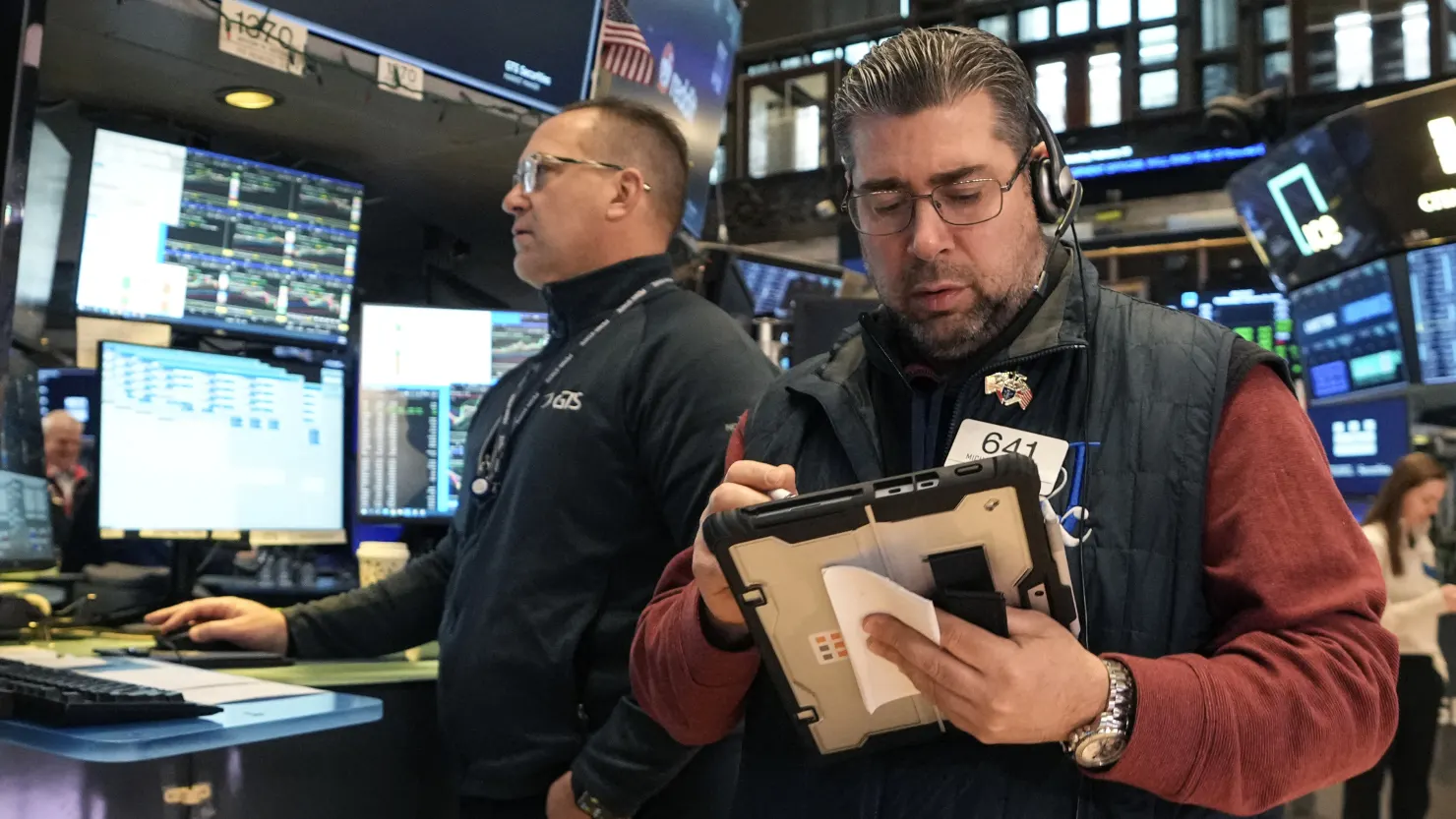
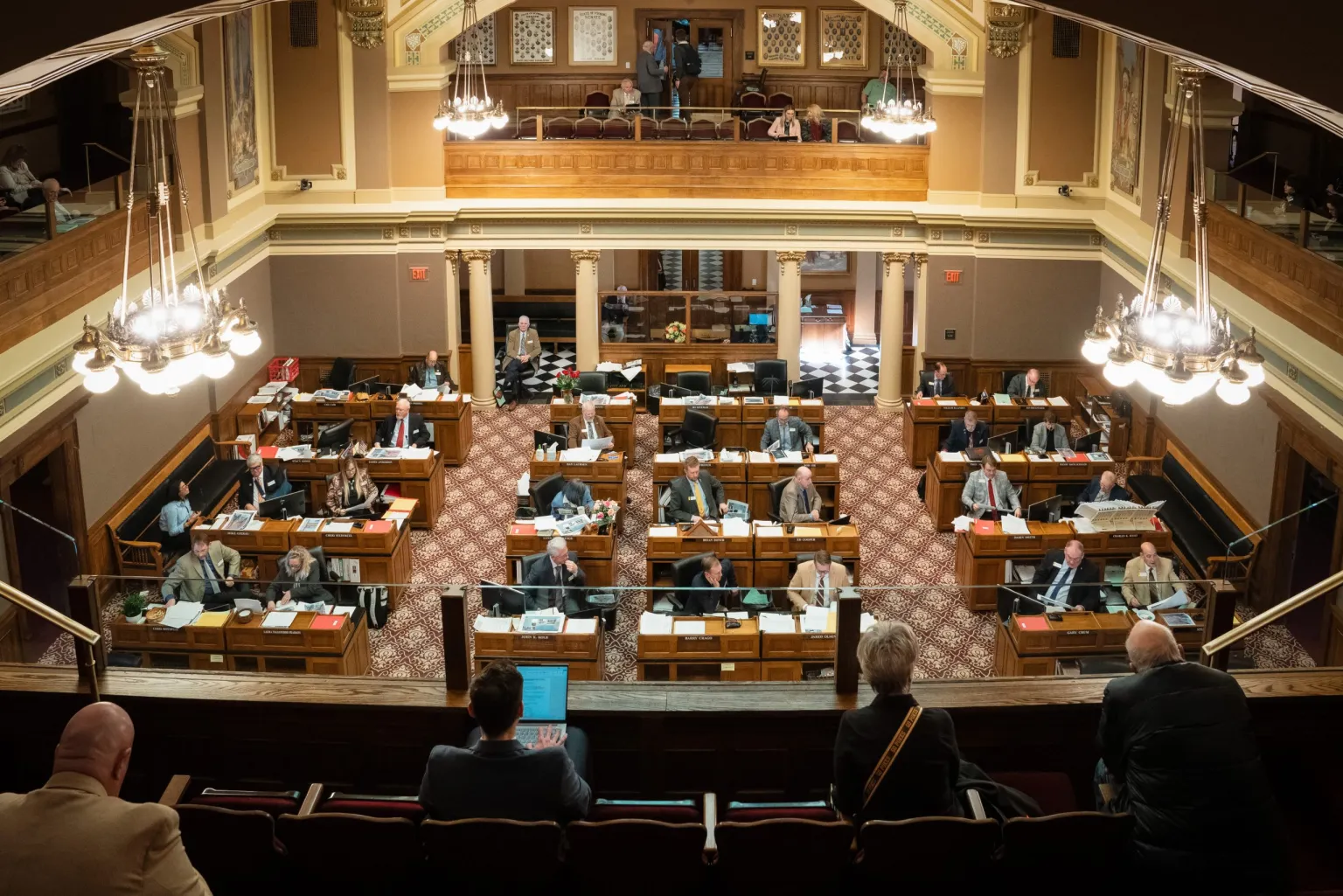
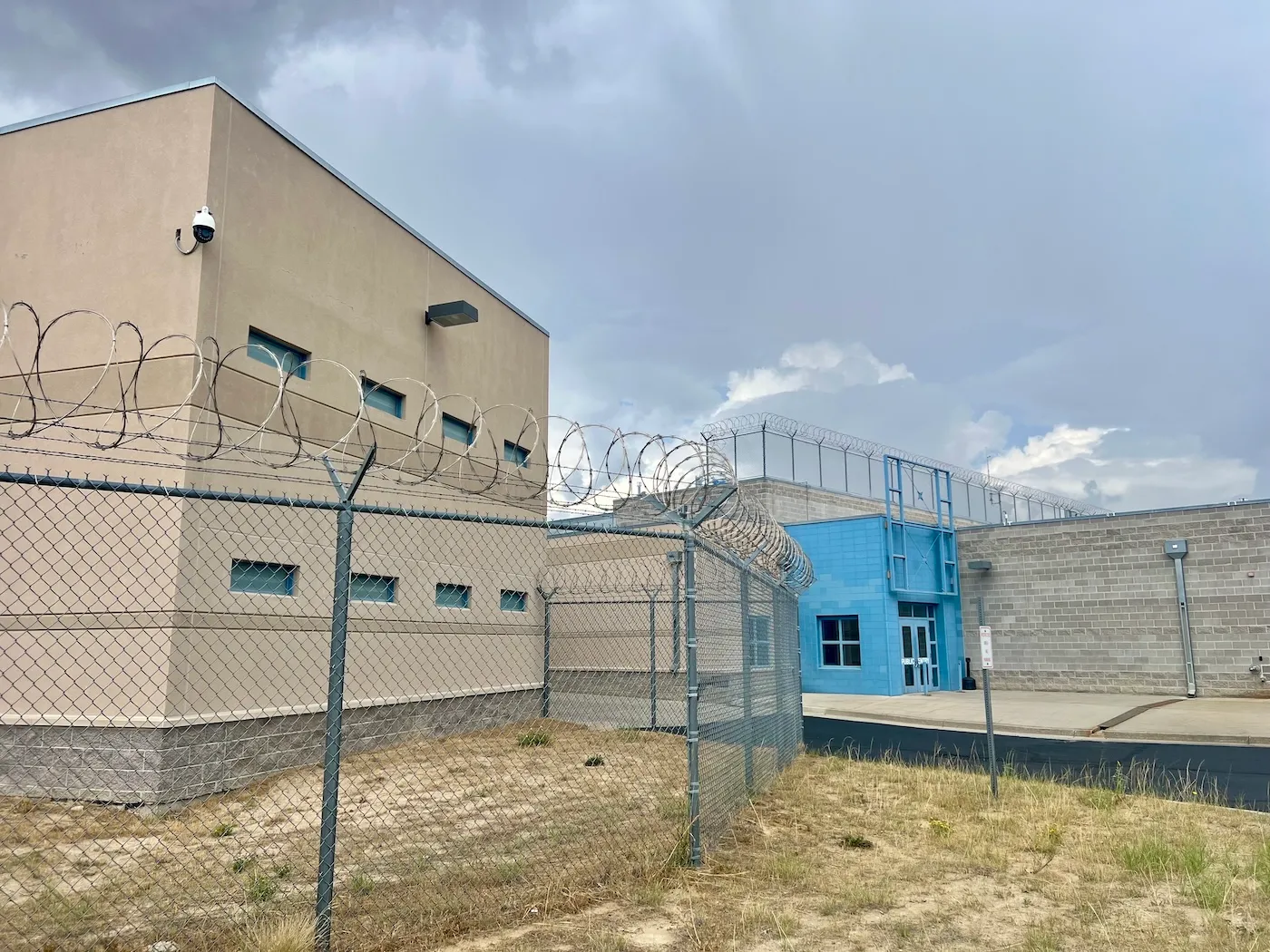
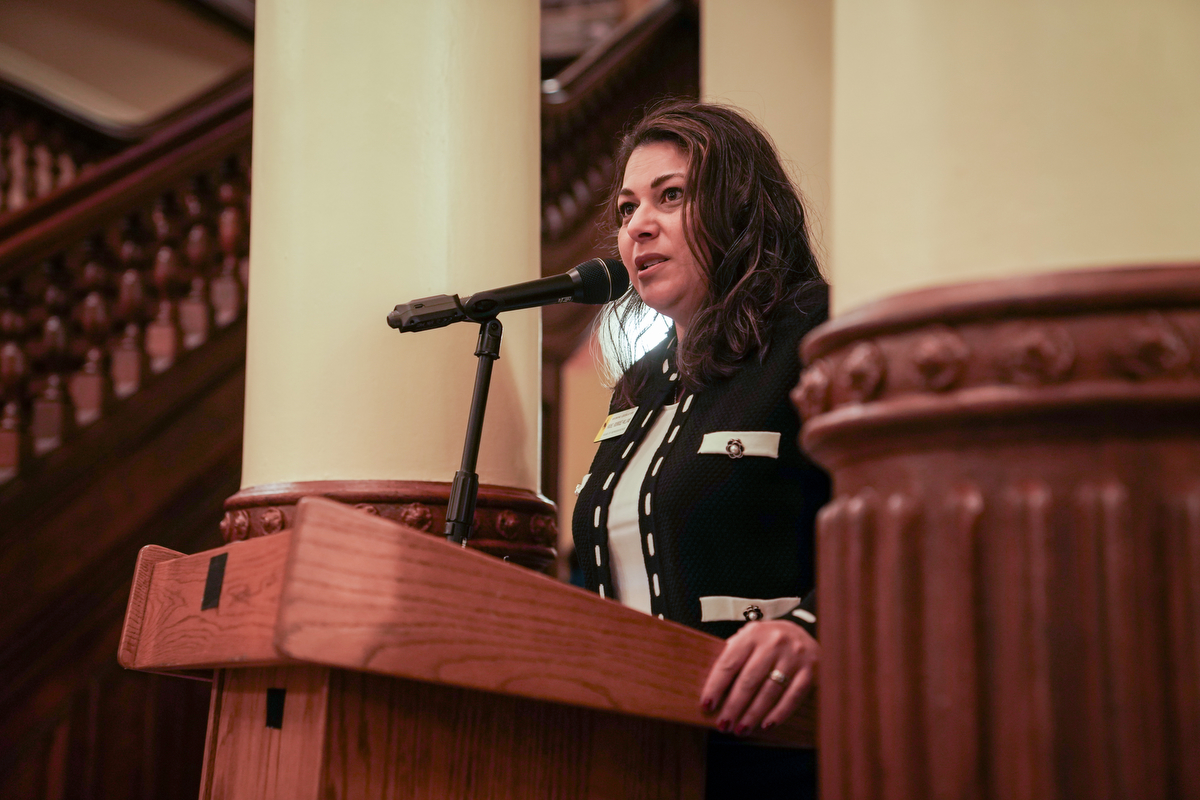
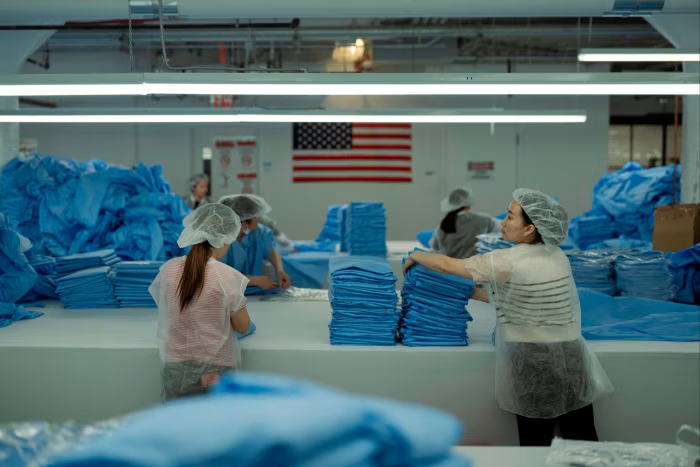




The latest news in your social feeds
Subscribe to our social media platforms to stay tuned